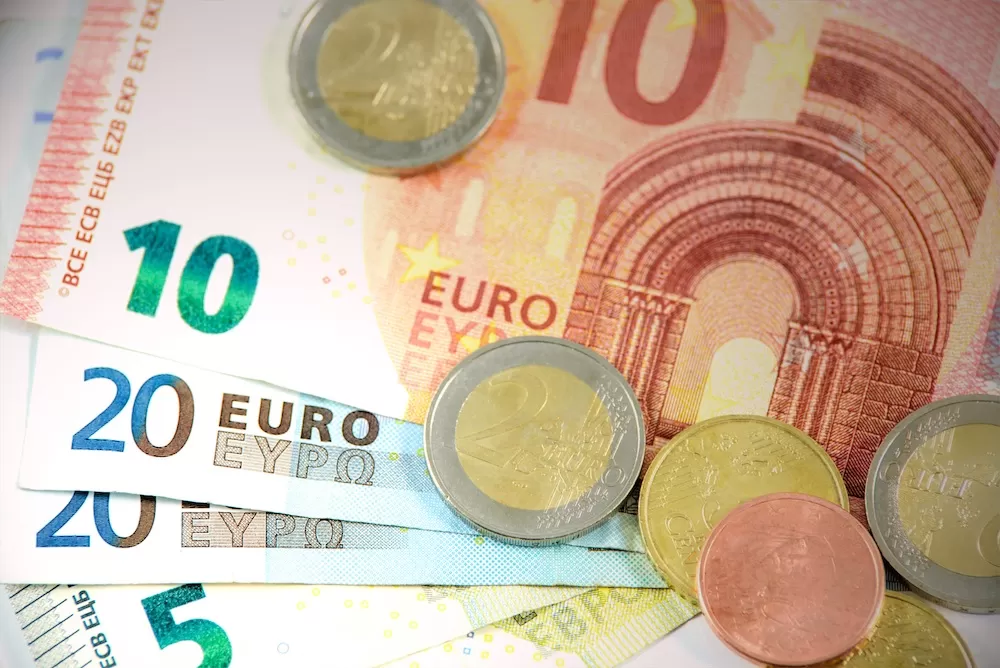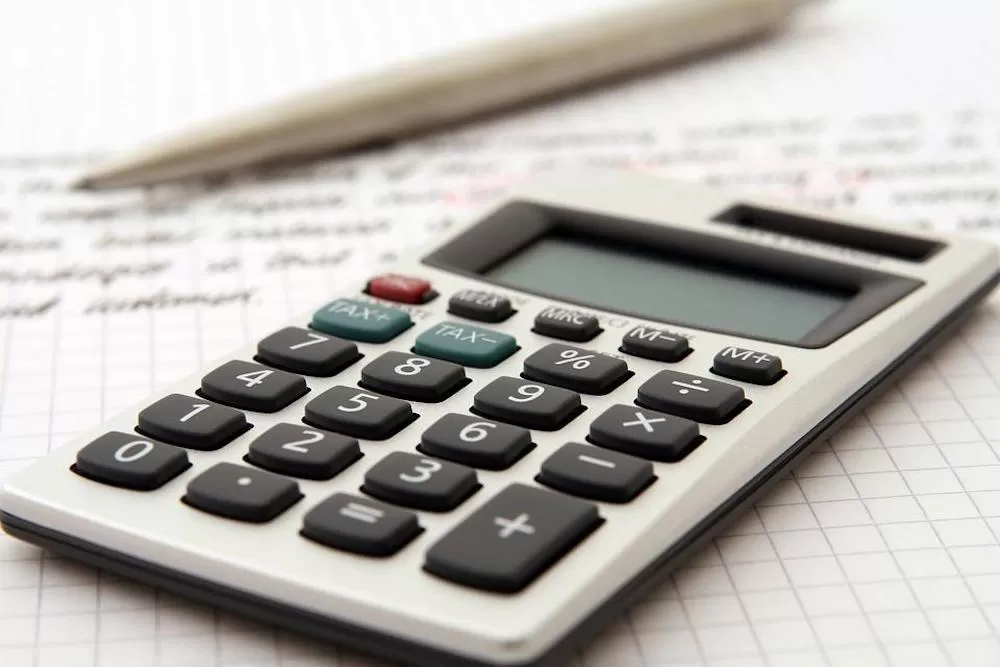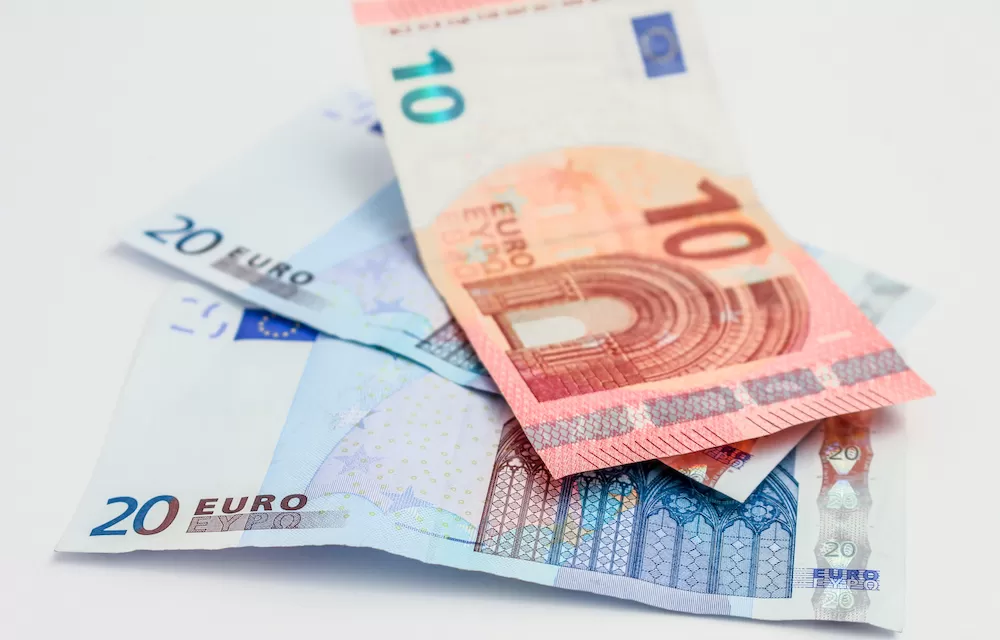You might not know this yet but selling your
a property in Austria comes with its own set of costs. And among the most important is the capital gains tax. When you purchase real estate in Austria, it's only natural that you give back to the country, right? This tax is basically that. It's imposed on the profit you earn from this sale, which also means that you really have to pay it when the time comes. But before you do, get to know a little more about the capital gains tax in Austria. Especially about what it really means, how you can be exempt from it, and more.
What Defines Austria's Capital Gains Tax Rate?
As with any other country,
Austria taxes many things that concern money. Especially those that you earn. In a nutshell, the country's capital gains tax is the tax imposed on what you earn from selling your property in Austria. But to be more specific, it's mostly on the difference between the profit from the sale to the costs of acquiring it. It even has a flat tax rate, which means how much you pay doesn't depend on how much you still get to keep from your profits from the real estate sale.
What is The Tax Rate Here?
Here in Austria, capital gains on real estate are taxed at a fixed rate of 30%. So when you sell your property in Austria, the profit you earned minus the costs you paid to acquire said property previously is taxed at 30%. Unfortunately, this doesn't change no matter how little the difference is. And even though you may have been a non-resident homeowner of real estate in Austria, you're still required to pay this tax. If not, you're bound to get into legal trouble. In some cases, you won't even be able to sell the property if you can't pay the capital gains tax in Austria.
What Can Make You Exempt from This Tax?
The only way to avoid paying the capital gains tax in Austria is if you're exempt from it. But what qualifies you from that? For one thing, there's the possibility of your property being a '
grandfathered asset.' This means you acquired or have owned the property before December 31, 2010. If the property you just sold was in your possession since then, it's tax-free. But if not, you still have to pay the tax. Even having used the property as your main residence in Austria doesn't make it exempt from the capital gains tax.
What are The Other Real Estate Taxes in Austria?
As the seller, the capital gains tax is the only type of tax you'll have to deal with. When it comes to Austrian real estate, the buyer has a lot more to pay. This includes the transfer tax, the VAT, and to a certain extent, the stamp duty too. Most of the time, you can't proceed with the purchase if you haven't paid some of these important costs firsts. That's how vital they are in the real estate process of this country.
When you sell real estate in Austria, you'll have to pay the capital gains tax here. It's better that you at least know the basics of it instead of not knowing anything at all. This will make it easier for you to deal with the tax when the time comes!


